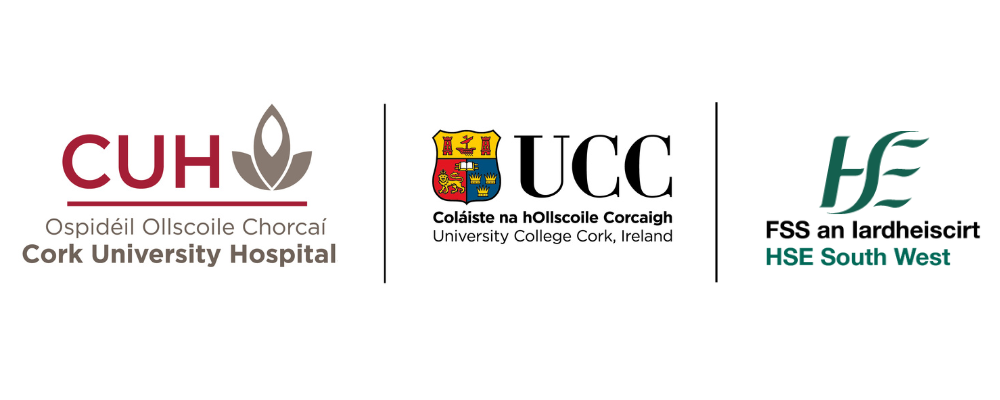- About Us
- Our Locations
- Our Services
- Back
- Our Services Overview
- Our Directorates
- Our Departments A-Z
- Back
- Our Departments A-Z Overview
- Biomedical Engineering
- Cancer Services
- Back
- Cancer Services Overview
- Cancer by Type
- Cancer Treatment & Services
- Back
- Cancer Treatment & Services Overview
- Rapid Access Service
- Diagnostics & Radiology
- Surgery for Cancer
- Medical Oncology
- Haemato-Oncology
- Radiation Oncology
- Palliative Care
- Psycho-oncology
- Social Work in Oncology
- Dietetics & Nutrition for Cancer
- Speech & Language Therapy for Cancer
- Physiotherapy for Cancer
- Occupational Therapy for Cancer
- Lymphoedema Service
- Support Networks
- Clinical Trials
- Catering Services
- Central Appointments
- Chaplaincy & Pastoral Care
- Children and Young Persons Centre
- Finance
- Health Records
- HIPE - Clinical Coding
- Housekeeping
- Maintenance
- Materials Management - Procurement
- Medical Physics
- Nutrition & Dietetics
- Occupational Therapy
- Outpatients
- Pharmacy
- Phlebotomy
- Physiotherapy
- Back
- Physiotherapy Overview
- Services Provided
- Back
- Services Provided Overview
- Patient Exercise Videos
- Acute Stroke Service
- Cardiology, cardiac surgery and cardiac rehab
- Cardiothoracics
- Cystic Fibrosis
- Early Supported Discharge
- Emergency Department
- Foot Health
- General Surgery
- Oncology and haematology
- Out Patients
- Orthopaedics
- Over 65s Rehabilitation Service (St Finbarr's)
- Paediatric Service
- Plastics and hand therapy
- Pelvic Health
- Renal
- Rheumatology
- Access to Service
- Working With CUH Physios
- Podiatry
- Portering Services
- Psychology
- Quality & Risk Management
- Security
- Social Work
- Speech & Language Therapy
- Our Specialities A-Z
- Back
- Our Specialities A-Z Overview
- Acute Medicine
- Anaesthesia
- Cardiology
- Cardiothoracic Surgery
- Critical Care
- Dermatology
- Diabetes & Endocrine
- Emergency Medicine & Trauma
- ENT
- Gastroenterology & Hepatology
- General Surgery
- Haematology
- Immunology
- Infectious Disease (& GUM)
- Laboratory Medicine
- Medical Oncology
- Nephrology
- Neurology
- Neurosurgery
- Obstetrics & Gynaecology
- Older Persons/Geriatrics
- OMFS
- OPAT
- Ophthalmology
- Paediatrics
- Palliative Medicine
- Pathology
- Plastic Surgery
- Psychiatry
- Radiation Oncology
- Radiology & Imaging
- Respiratory
- Rheumatology
- Trauma & Orthopaedics
- Urology
- Vascular Surgery
- Our Consultants A-Z
- Back
- Our Consultants A-Z Overview
- Mr Emmett Andrews
- Dr Emily Aherne
- Dr Richard Bambury
- Dr John Buckley
- Dr Dearbhaile Collins
- Prof Roisin Connolly
- Dr Orla Crosbie
- Dr Kevin Deasy
- Dr Deirdre Doyle
- Dr Jennifer Dineen
- Dr Frances Enright
- Prof Noel Fanning
- Prof. Subrata Ghosh
- Prof Jack Gleeson
- Dr Fernando Gomez
- Prof Sinéad Harney
- Dr Aidan Hegarty
- Dr Mike Henry
- Prof Marietta Iacucci
- Dr Denis Kelly
- Dr Clifford Kiat
- Mr Shane Killeen
- Dr Marcus Kennedy
- Mr Noel Lynch
- Prof Michael Maher
- Prof Paul Mac Mullan
- Dr Brian McNamara
- Mr Morgan McCourt
- Dr Sean McSweeney
- Dr Fiachra Moloney
- Dr Michael Moore
- Dr Heather Moriarty
- Prof Deirdre Murray
- Dr David Mullane
- Dr Clodagh Murphy
- Dr Desmond Murphy
- Prof Gráinne Murphy
- Dr Rose Murphy
- Dr Killian Nugent
- Prof Kevin O’Regan
- Dr John O Grady
- Prof Seamus O'Reilly
- Prof Barry Plant
- Prof Derek Power
- Dr Stephen Power
- Dr John Ryan
- Prof Max Ryan
- Dr Jennifer Sammon
- Dr Liam Spence
- Dr Farid Ahmad Toor
- Dr Juan Trujillo
- Dr David Tuite
- Dr Maria Twomey
- Dr Syed Zulquernain
- Dr Gerry Wyse
- Mr Peadar Waters
- Our Pathways
- Patients & Visitors
- Back
- Patients & Visitors Overview
- Contact Us
- Your Hospital Stay
- Admissions
- Visiting the Hospital
- Travelling to CUH & Other Locations
- Your Outpatient Appointment
- Get Involved
- Infections Prevention & Control
- Managing your Medicines
- Patient Consent
- Paying your Bill
- OPD Blood Bookings – Phlebotomy
- Plans & Development
- GDPR
- Compliments & Complaints
- Freedom of Information
- Healthcare Professionals
- Contact Us
